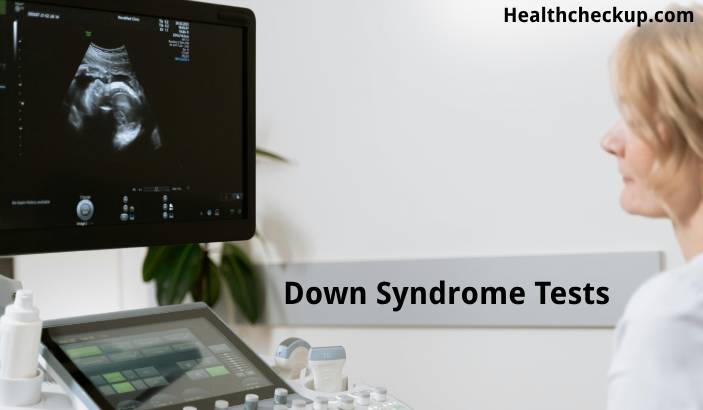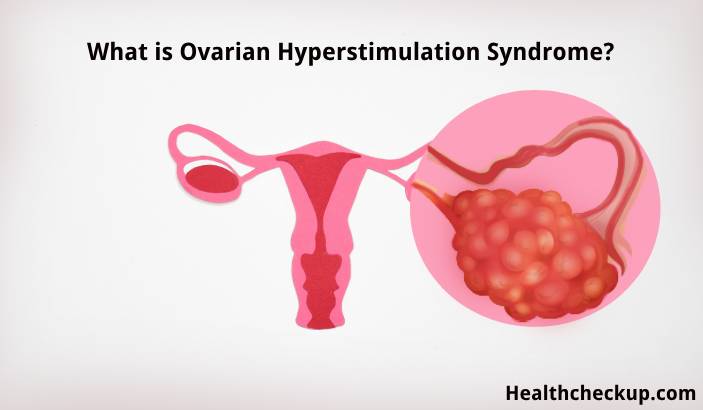Down Syndrome, a genetic disorder caused by the presence of an extra 21st chromosome, can impact cognitive ability, physical growth, and developmental milestones. Down Syndrome Tests are a critical aspect of prenatal care, offering prospective parents crucial insights into their unborn child’s health. This comprehensive article explains the purposes of Down Syndrome testing, what to expect during the process and the implications of the results.
Purpose of Down Syndrome Tests
- Early Diagnosis: The primary purpose of testing for Down Syndrome is to diagnose the condition early, typically during pregnancy. Early diagnosis can help families and healthcare providers prepare for any medical needs the child may have.
- Informed Decisions: Testing provides essential information that helps expectant parents make informed decisions about their pregnancy and the care of their child.
- Health Management: Knowing whether a fetus has Down Syndrome can help in planning for interventions that can improve the quality of life of the child.
Types of Down Syndrome Tests
- Screening Tests: These do not diagnose Down Syndrome but assess the risk of the fetus having the condition. They include:
- Blood Tests: Measure levels of specific substances in the mother’s blood.
- Ultrasound Tests: Examine the fluid at the back of the fetus’s neck, known as nuchal translucency screening.
- Diagnostic Tests: These tests can confirm whether the fetus has Down Syndrome. They include: Chorionic Villus Sampling (CVS): Involves taking a sample of the placenta to test for genetic conditions.
- Amniocentesis: Involves taking a sample of amniotic fluid surrounding the fetus to look for genetic abnormalities.
Preparation for Down Syndrome Tests
- Medical Consultation: Discuss with your healthcare provider to understand the benefits and risks of the tests.
- Genetic Counseling: Consider genetic counseling to comprehend the potential outcomes and implications of the test results.
- Scheduling: Screening tests are generally performed during specific weeks of pregnancy. For example, nuchal translucency is typically done between the 11th and 14th week.
Procedure of Down Syndrome Tests
- Blood Tests: A simple blood draw from the mother, usually done during the first and second trimesters.
- Nuchal Translucency Screening:
- Performed via ultrasound during the first trimester.
- Measures the clear (translucent) space in the tissue at the back of the baby’s neck.
- Chorionic Villus Sampling:
- Conducted between the 10th and 13th weeks of pregnancy.
- A sample of placental cells is obtained using a needle inserted through the abdomen or cervix under ultrasound guidance.
- Amniocentesis:
- Usually performed between the 15th and 20th weeks of pregnancy.
- A needle is used to extract a small amount of amniotic fluid from around the fetus.
Normal Range and Results
- Screening Tests: Provide a probability or risk score indicating the likelihood of the fetus having Down Syndrome. A higher risk score prompts further diagnostic testing.
- Diagnostic Tests: A positive result confirms the presence of Down Syndrome, while a negative result indicates its absence.
Risks Associated with Down Syndrome Tests
- Screening Tests: Generally low-risk, involving standard blood draws and ultrasounds.
- Diagnostic Tests:
- Miscarriage: Both CVS and amniocentesis carry a slight risk of miscarriage, generally between 0.1% and 0.3%.
- Infection or Injury: There is a small risk of infection or causing injury to the fetus during invasive tests.
Testing for Down Syndrome is a significant part of prenatal care, offering vital information that impacts a range of decisions and preparations. Understanding the types of tests available, their purposes, and what they entail helps expectant parents navigate their choices more effectively. While the decision to proceed with any form of testing is personal and sometimes complex, it should be made with comprehensive support from medical professionals, including genetic counselors. With advancements in medical technology, the accuracy and safety of these tests continue to improve, helping to ensure better outcomes for families and children affected by Down Syndrome.
I specialize in writing about health, medical conditions, and healthcare, drawing extensively from scientific research. Over the course of my career, I have published widely on topics related to health, medicine, and education. My work has appeared in leading blogs and editorial columns.









